Our 3 Locations
Periodontal Care
Restore Your Gum Health With Periodontal Care
Symptoms of Gum Disease
Those with gum disease usually don’t have a hard time figuring out that there’s a problem. Their gums will bleed excessively while they’re brushing. They’ll feel occasional pain in their gums. Their gums will appear red along the tooth line. Their breath won’t smell very good either.
The invisible symptoms of gum disease are the ones that can cause the most damage. Over time, your gums will begin to recede causing your teeth to loosen. Eventually, the infection spreads into the bone of your jaw. This can cause erosion the bone itself. The rate of decay continues to get faster and faster the more damage there is. Once the gums begin to recede, they leave pockets of plaque behind that accrue in the gaps between your gums and your teeth. These become breeding grounds for bacteria. Intervening early is the best way to prevent serious permanent damage.

A Full Range of Services

Gum disease is characterized by several symptoms, but the early stages might not be obvious to the untrained eye.
Benefits of Proper Periodontal Care
- Preventing Further Damage to Your Gums, Teeth, and Jawbone – Advanced periodontal disease will infect your jawbone causing the bone there to erode. By this point, you may have lost several teeth which will cause your teeth to drift apart making it easier for plaque to build up. In some cases, the damage can be so bad that it makes it difficult to even install dental implants that require the support of your jawbone.
- Heart Disease – Those with gum disease are 270% more likely to suffer from heart disease or a heart attack. Gum disease increases your risk of infection everywhere, but the heart is one of the more likely targets.
- Stoke – Studies have linked gum disease to a 300% greater risk of suffering a stroke.
- Respiratory Disease – Your mouth is directly connected to your lungs making it easy for an infection to spread there.

